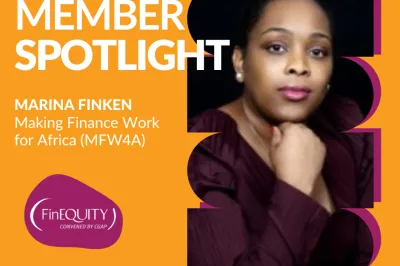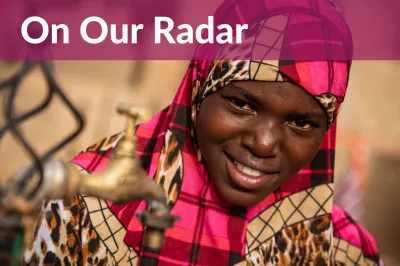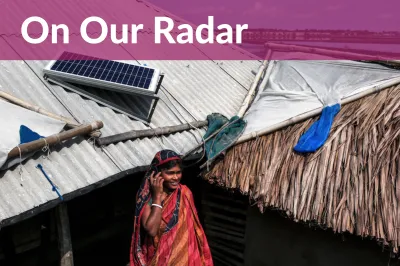Member Spotlight: Rahul Chatterjee
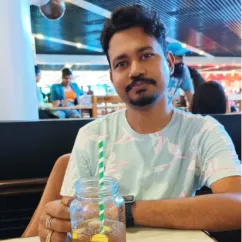
Rahul Chatterjee is a Senior Manager for MicroSave Consulting (MSC)’s Data and Insights team. Rahul’s areas of expertise are gender research, monitoring and evaluation, financial diaries research, advanced data analytics, behavioral research and data-driven program management. He has worked with NGOs, corporate CSR departments and donor agencies. He has also worked with policymakers, such as the Government of India and the Bangladesh Bank, among others. Rahul co-created MSC’s Gender Centrality Framework and the Financial Services Space (FSS) concept. He has developed a gender-centric policy framework for digital financial services (DFS) for Alliances for Financial Inclusion (AFI) and has worked in multiple gender-disaggregated data analysis assignments in financial inclusion, DFS, social safety nets and household and business finance.
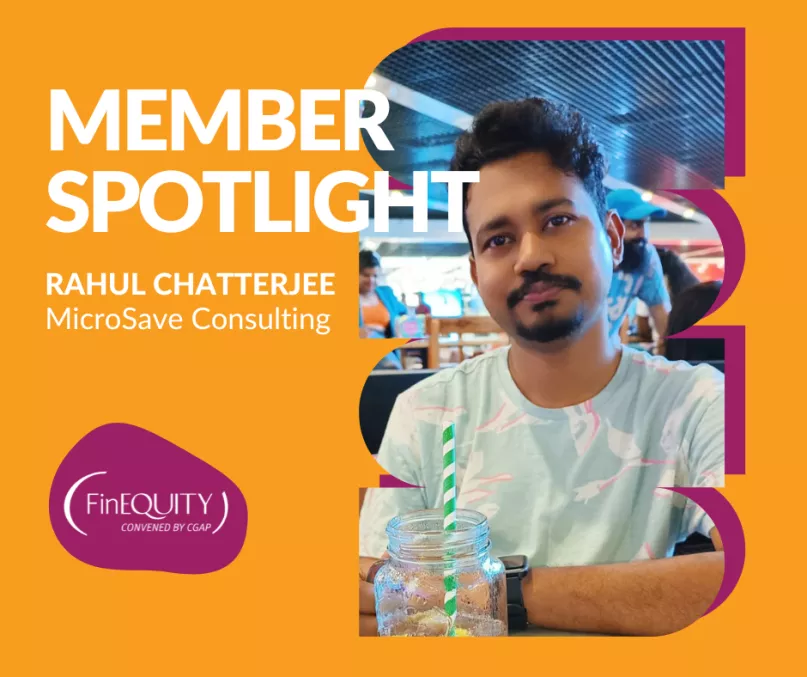
Rahul Chatterjee, Senior Manager for MicroSave Consulting’s Data and Insights team sat down with us to discuss the need for gender-disaggregated data, the Financial Diaries approach, gender representation in leadership and much more.
FinEquity: Tell us a little bit about yourself. A fun fact? Something that might surprise most people? Your superpower?
Rahul: I'm Rahul Chatterjee, a Senior Manager in MSC’s Data & Insights team. I have more than a decade of experience in the field of social impact consulting, research, Monitoring & Evaluation (M&E) and data analytics. I have worked across Asia and Africa with various private donor agencies, bilateral and multilateral agencies and government departments.
I am a cinephile – can’t think of a week when I did not watch a new film.
My superpower is my constant urge to ask questions - what, why now, and what for. I ask these questions in almost everything about my life, but especially my work. Some of this definitely comes from my background in M&E.
FinEquity: What originally drew you to the women’s financial inclusion and economic empowerment sector? What has kept you here?
Rahul: This was pure serendipity. When I joined MSC in 2017, the Gender Equality and Social Inclusion (GESI) practice was documenting insights on women’s financial inclusion (WFI) and women’s economic empowerment (WEE) from its diverse works across various geographies. I got involved because of my data analytics and research skills. That work gave me a new perspective and I started to notice gender-related social norms, gender-based challenges and casual misogyny at every corner. I realized that the lack of gender-disaggregated data is a major impediment to achieving women’s financial and economic empowerment, and since then have been trying to do my bit to bridge this gap. There has been no going back ever since.
FinEquity: Any current projects you’re working on that you’re finding particularly exciting/engaging?
Rahul: There are quite a few actually. I recently completed a project assessing seven different social security schemes by the Government of India using a gender-centrality lens. The findings are fascinating and we will disseminate those soon. I am also working to better understand women-owned micro-enterprises in Bangladesh and Kenya using a Financial Diaries approach. Through this approach, we are unpacking a 360-degree view of women entrepreneurs and deriving actionable recommendations for financial service providers and policymakers.

FinEquity: What have been some of the most impactful findings you’ve come across in your career? What about in the last few years?
Rahul: I would like to mention four major findings:
- We did research in Bangladesh to unpack what it takes for a woman to start to use formal financial services. We validated the findings through additional research in India. Incidentally, I was part of both studies. We found similar evidence in Kenya as well. From these studies, we conceptualized that a Financial Services Space (FSS) is at play when it comes to women’s financial inclusion. The FSS has three dimensions- volume/frequency of transactions, convenience and motivation. If a woman user passes the threshold of one or more of these dimensions, she will start to use formal financial services.
- Gender sensitization and gender representation at the decision-making level can do wonders. Both men and women ground-level workers and implementers need gender sensitization so they can be cognizant of the needs of women and support them accordingly. This is especially true for the staff of financial institutions, CICO agents and government staff. And, if we have more women at the policymaking level and in top tiers of management for financial institutions, the journey toward WFI and WEE becomes smoother.
- Instead of keeping gender as a cross-cutting theme in a broad policy, a dedicated National Gender Policy works much better. It needs to be complemented by a scrupulous implementation plan and earmarked budget. I realized this while I was working on creating a gender policy framework for Alliance for Financial Inclusion (AFI).
- Women are not just one customer segment; there are different sub-segments of women, each with different needs and behaviors, and financial service providers need to look at them differently to serve them better. This was a key finding from our various Financial Diaries related research initiatives.
FinEquity: What are your top priorities for the remainder of 2022 (and beyond) for your work?
Rahul: I will continue the Financial Diaries research on women entrepreneurs, and will try my best to come up with evidence feeding into better design of programs and products for women entrepreneurs. I will also work on a project to understand how climate change impacts men and women, how the coping strategies differ and which types of financial products can help the men and women most affected by one-time or slow onset climate events.
FinEquity: Have you had a chance to look at the Findex 2021 data? What are your initial thoughts on what they tell us about where we should be focusing our WEE/WFI efforts?
Rahul: Oh yes. We all feared that the COVID-19 pandemic would undo decades of effort for women's empowerment. It is heartening to see that the gender gap in lower-income countries has decreased by a third since 2017 and digital payments during the pandemic paid an important role. However, access is still not guaranteed usage. A quarter billion women who have an account admit that they have not used it for the past year, and women are more likely to have inactive accounts than men. This is I think the major concern for all of us. We need to focus on creating use cases as well as gender-centric financial products to bridge this access-usage gap.

FinEquity: What can our members connect with you about/what can they ask you about?
Rahul: I would love to help out or collaborate with the FinEquity community members in any way possible. I am open to collaborating on new projects, peer reviewing research design, co-writing knowledge pieces and participating in forums/discussions/events. I am reachable at rahul.chatterjee@microsave.net.
FinEquity: What role does FinEquity play in your work? Where do you see value in this community? How has being a member shaped your work?
Rahul: This community is a wonderful platform to share research, insights and initiatives as well as to seek help from other members. I have been doing the both since I became a member. And always I received unconditional support from the other members. Thank you FinEquity for being there for us.
